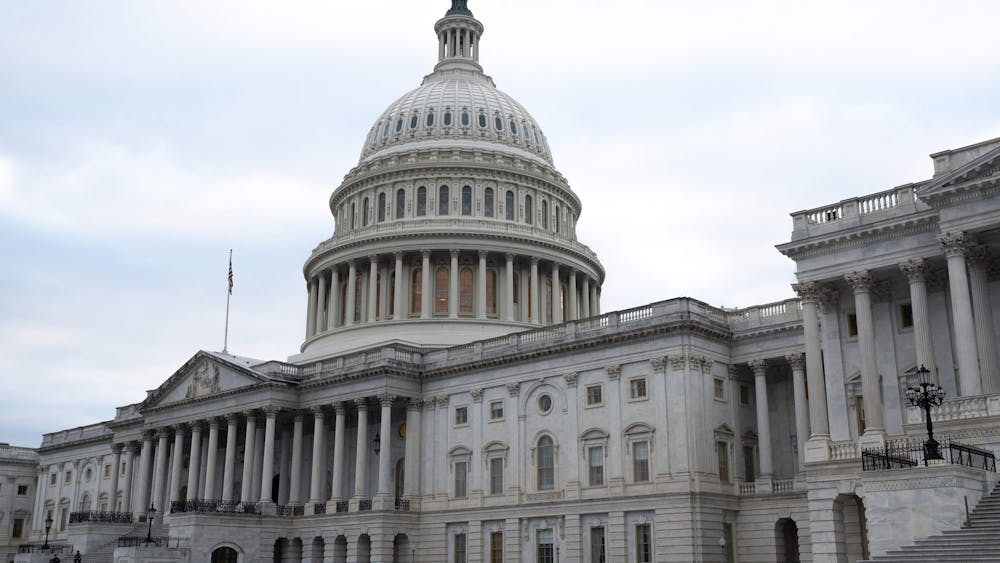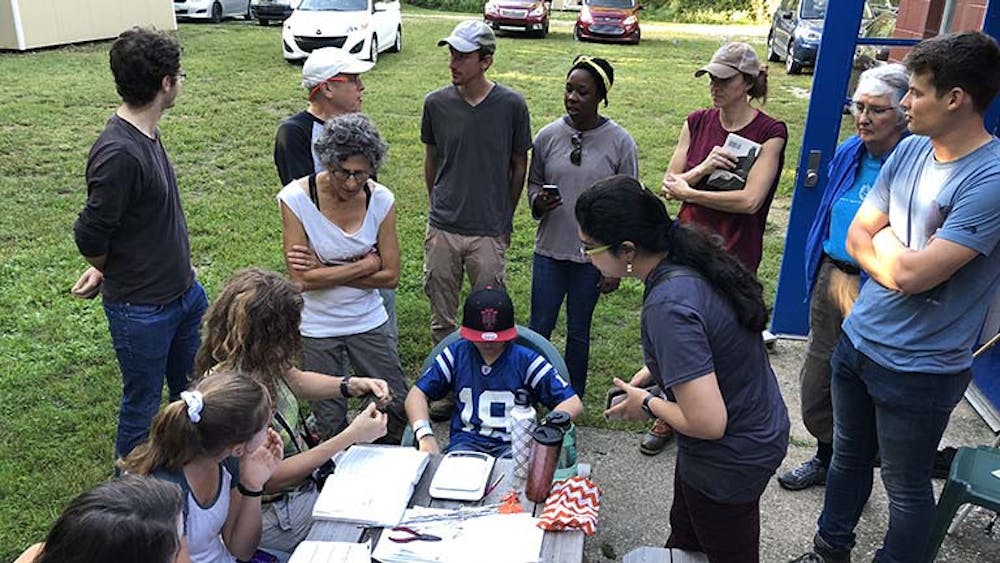On June 12, 1918, Theodore Roosevelt, former President of the United States, delivered the commencement address at IU.
His address, entitled "Straightforward Americanism," came five months before U.S. involvement in World War I would come to an end.
Now, nearly 100 years later, the Indiana Daily Student will publish excerpts from Roosevelt's address as the graduate and undergraduate classes of 2018 prepare to graduate from IU.
Straightforward Americanism
"And I want to say at the outset that I don't think I have ever been at a more beautiful university commencement than this."
"So, we stopped, and I just said a word to the men and women who had gathered there, and, friends, it was fine to look in their faces, the faces of the American type, of the type we like to think of as personifying what is best and truest in our country, of the type that is slow to anger, but that having been roused does not sink back until the end has been attained."
"After the great strain of the heroic days of the Civil War, we permitted ourselves to sink back, we abandoned ourselves to a gross materialism rendered more noxious by a sham sentimentality, and it needed something like this to bring us back to our true selves."
"Let's hereafter treat each immigrant not merely as a labor unit but as the possible father of the American citizens with whom our children and children's children are to inherit this land."
"If in good faith he shows himself to be an American, then it is an infamy to discriminate against him because of his creed or the country from which his fathers came."
"The bulk of the men who in every great crisis made up the American armies have not been the men who wished for war. They weren't men who wished for war, they weren't men who wished to go as swash-bucklers around the earth, picking a quarrel; they were men of peace, but there were things they loved more than peace."
"Abraham Lincoln loved peace, but he loved the right, he loved the union, he loved liberty more than he loved peace."
"I ask that we prepare in advance our giant but soft and lazy strength precisely because I don't wish to have to see us have to use it; and if we do have to use it, I wish to see us use it with the utmost speed and efficiency."
"I hold that a nation should show scrupulous regard for the rights of others and should instantly defend its own rights against aggression by others."
"You wish your boy to avoid a brawl, to be ashamed of inviting a fight, of getting into needless trouble, but you also wish him to be able to hold his own and not to stand oppression and be able to protect his sister, his little wife, his mother, if the occasion arises. That is what you feel. Well, it is a good rule to tell him to impress upon him never to hit if he can avoid it, but never to hit soft."
"Let it do all it honorably can to keep out of a war. When it has gone in, let it fight the war though."
"But in my judgement, we need still more the institutions that teach the broad, cultural development which this nation needs more than it needs anything else. We need the kind of learning acquired not because it can be turned into money but because it is worth much more than money."
Text transcript courtesy of the IU Archives





